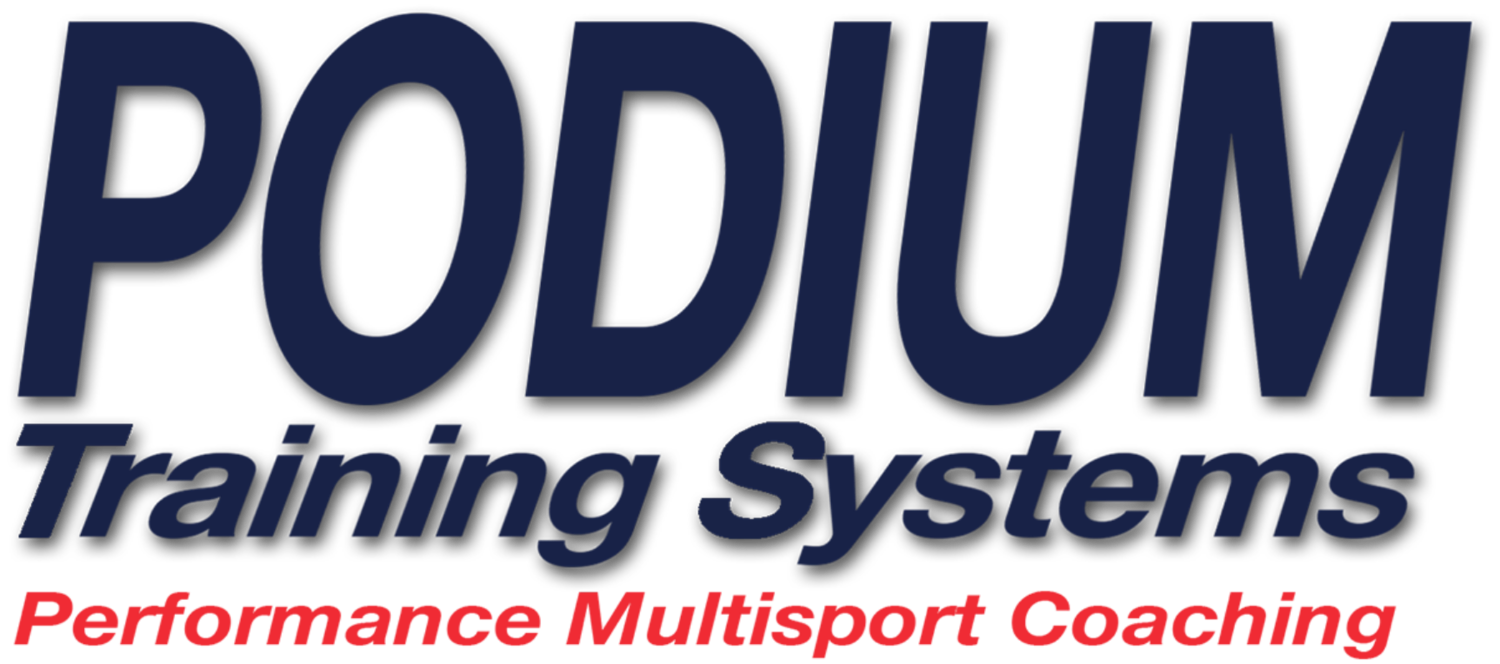Sometime last summer, I wrote about the importance of nutrition in endurance sports, and how triathlon was not a diet. I wrote that article shortly after speaking to a triathlon club in Manhattan, New York. That club was comprised mostly of beginner / first time triathletes, and the influx of comments regarding "race weight", "leaning out", and "dropping weight" were troubling.
You're naturally going to become more fit, and toned, when following a properly periodized training plan. Although you may very well add muscle mass and potentially gain a nominal amount of weight, you'll look better, feel better, and be in a healthier state. But you need to eat properly throughout the process to ensure that your body is fueled and cared for.
There are lots of coaches and trainers out there. Buyer beware. I recently heard of one trainer who suggested that their client fast (not eat) until noon every day as it would improve their training. This individual would train at the gym in the mornings, and then on some days would run later in the morning or early afternoon. It was no surprise that their training runs had them feeling sluggish and fatigued.
As I state in my write up from last year, you can get away without eating before a typical workout first thing in the morning. Barring a long ride, or run - or a high intensity training session - you'll be fine. You do, however, need to refuel afterwards.
Your body needs to replenish its energy stores. You also need to ensure that your blood sugar levels are maintained. You don't need to eat a huge breakfast, but prudent hydration and nutrition is critical to your training and your overall performance.
Without proper nutrition and refueling, you run the risk of limiting the benefits of your training and in the long term risking your health. You're investing a lot of time and effort, make sure you're getting the most out of it.
When in doubt, talk to your coach or trainer. They should have some background or training in the nutrition arena, or will know a nutritionist to reach out to to address any of your queries. If you're not comfortable with the advice you're receiving, get a second opinion. Any good coach will give you some of their time to listen to you and help steer you in the right direction.
You're naturally going to become more fit, and toned, when following a properly periodized training plan. Although you may very well add muscle mass and potentially gain a nominal amount of weight, you'll look better, feel better, and be in a healthier state. But you need to eat properly throughout the process to ensure that your body is fueled and cared for.
There are lots of coaches and trainers out there. Buyer beware. I recently heard of one trainer who suggested that their client fast (not eat) until noon every day as it would improve their training. This individual would train at the gym in the mornings, and then on some days would run later in the morning or early afternoon. It was no surprise that their training runs had them feeling sluggish and fatigued.
As I state in my write up from last year, you can get away without eating before a typical workout first thing in the morning. Barring a long ride, or run - or a high intensity training session - you'll be fine. You do, however, need to refuel afterwards.
Your body needs to replenish its energy stores. You also need to ensure that your blood sugar levels are maintained. You don't need to eat a huge breakfast, but prudent hydration and nutrition is critical to your training and your overall performance.
Without proper nutrition and refueling, you run the risk of limiting the benefits of your training and in the long term risking your health. You're investing a lot of time and effort, make sure you're getting the most out of it.
When in doubt, talk to your coach or trainer. They should have some background or training in the nutrition arena, or will know a nutritionist to reach out to to address any of your queries. If you're not comfortable with the advice you're receiving, get a second opinion. Any good coach will give you some of their time to listen to you and help steer you in the right direction.
